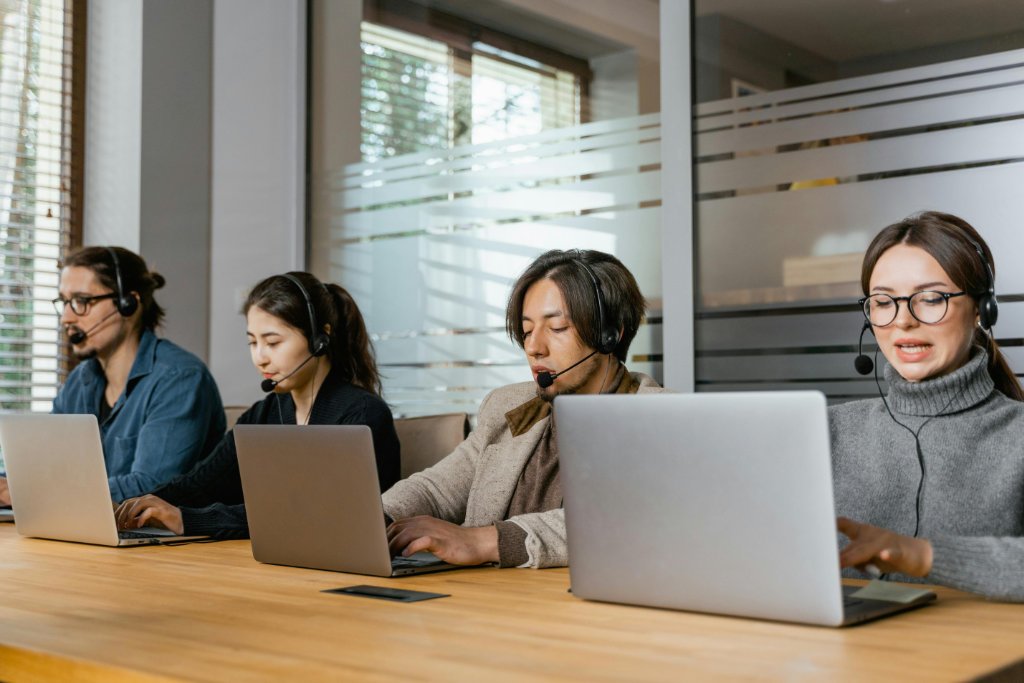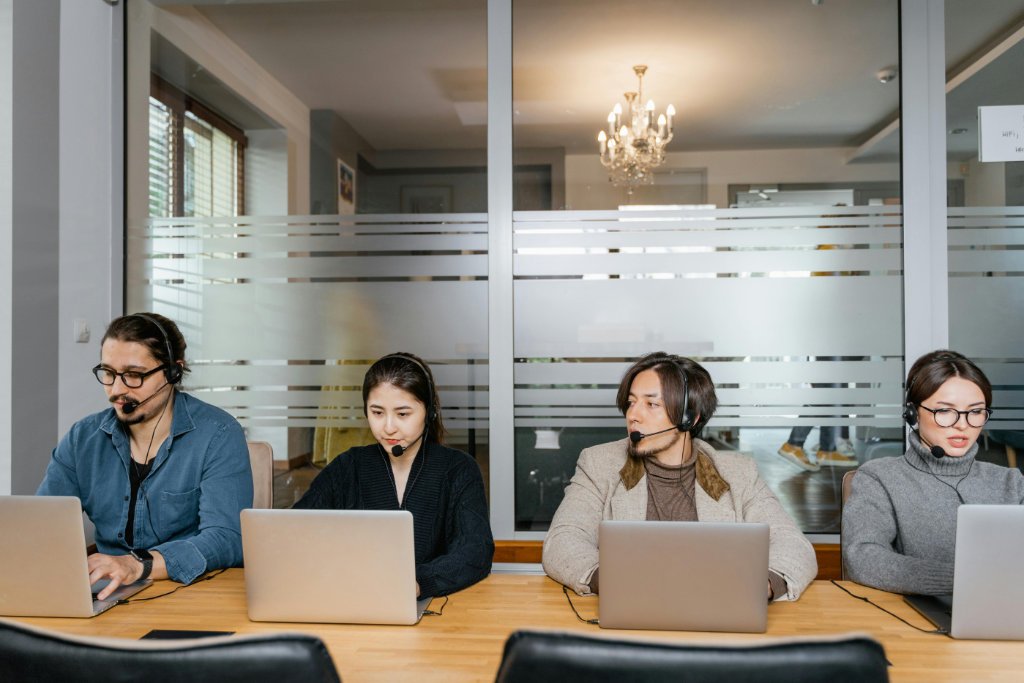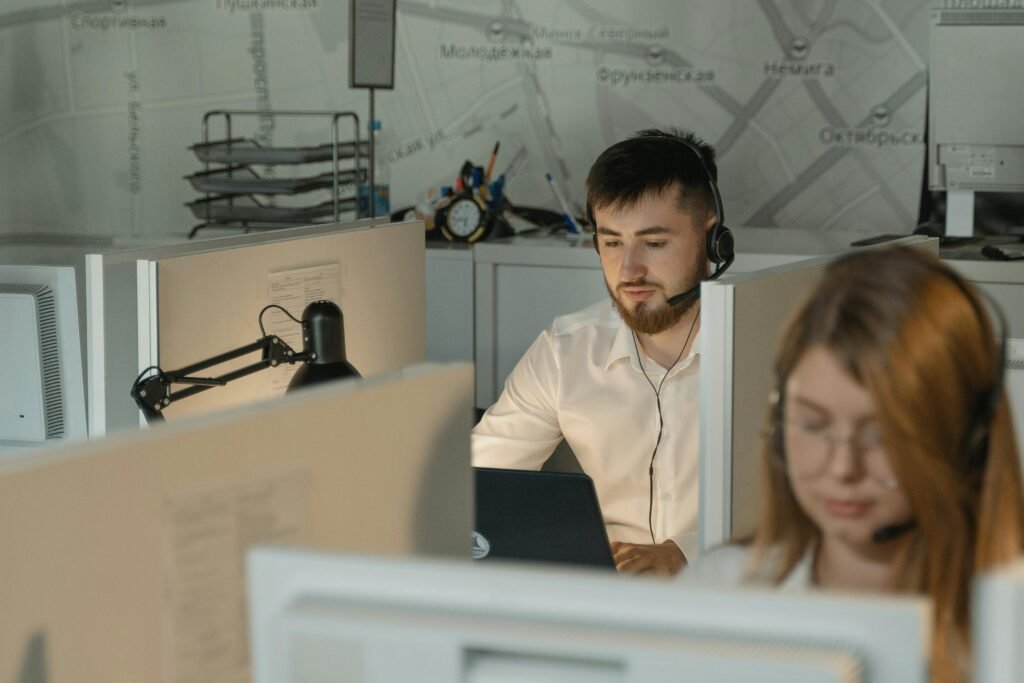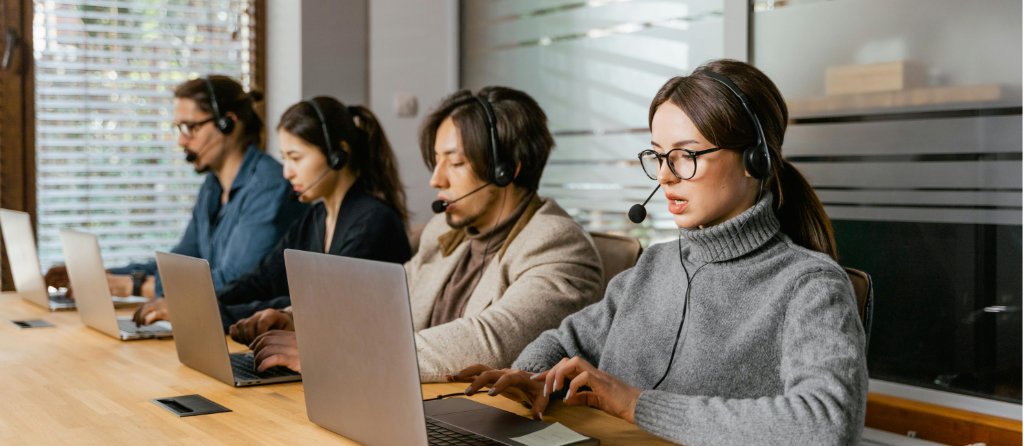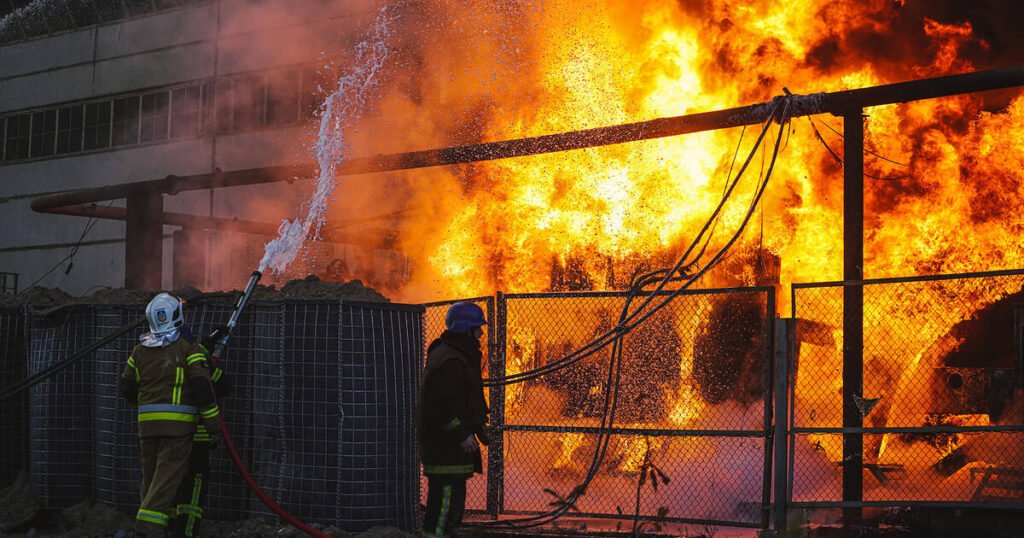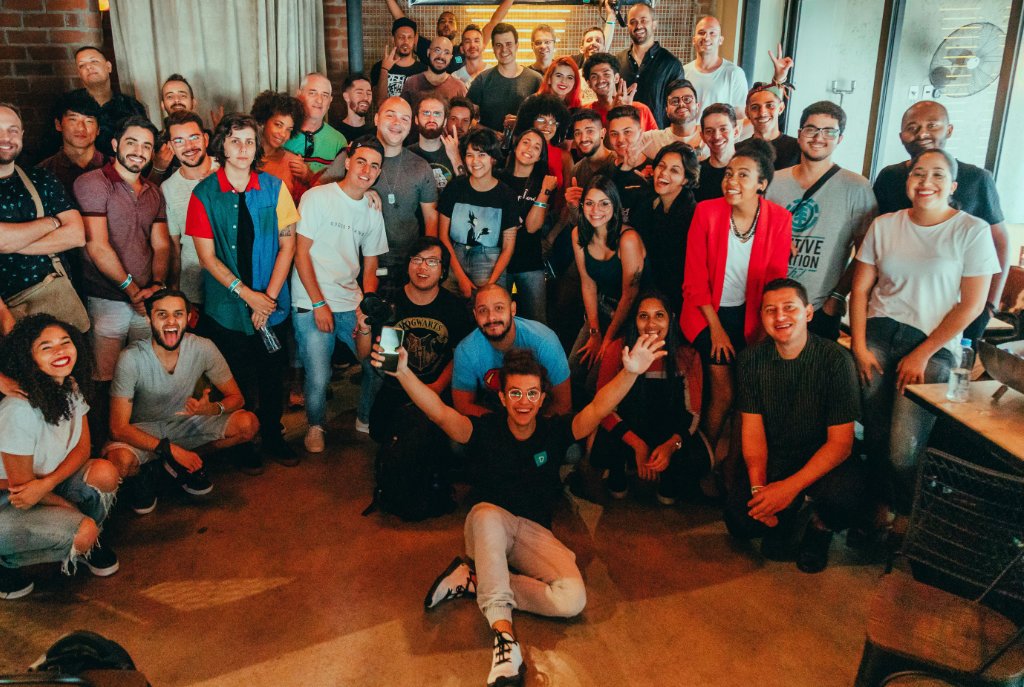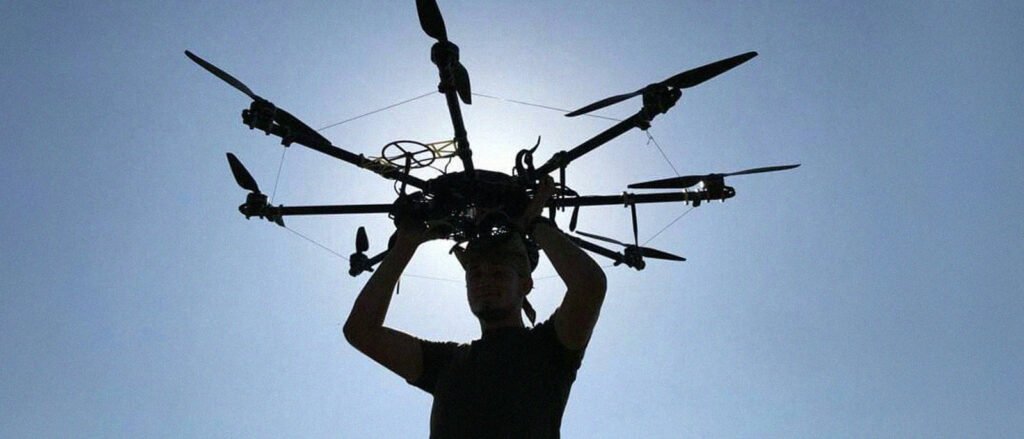The crisis and its consequences
The humanitarian crisis in Ukraine has had a devastating impact on the lives of countless people since the conflict began in 2014. Particularly alarming is the systematic deportation of Ukrainian children to Russia, a worrying phenomenon that has attracted international attention.
These forced deportations have left deep psychological, physical and social wounds on the children concerned and have also put their families in a precarious and painful situation.In this context, the work of the ComeHome Association is of crucial importance. This organization has set itself the task of providing comprehensive support to the affected children and their parents. A central pillar of this support network is a specially trained 24-hour hotline. This hotline enables the affected families to seek advice and help around the clock in order to deal with the immediate and long-term consequences of deportation. The need for such a hotline arises from the many challenges faced by the deported children and their families. They not only need emotional and psychological support, but often also legal advice and practical assistance. In order to meet these multidimensional needs, the ComeHome Association relies on a team of professionals who are available at all times.The round-the-clock support available is an essential part of building a bridge for affected families to help them navigate this difficult time and create a foundation for a more secure and stable future.
“`
Why a central hotline is necessary
A 24-hour hotline is a vital resource in emergency situations, especially for deported Ukrainian children who find themselves in extremely stressful circumstances. A constantly staffed help hotline acts as a central point of contact to receive emergency calls immediately and initiate rapid assistance measures. It enables a coordinated response to urgent emergencies and provides a communication bridge between the affected children, their families and the relevant authorities.
The emotional and psychological stress associated with deportation should not be underestimated. Children who have been torn from their familiar surroundings need special care that goes beyond basic material support. Such a hotline can provide not only logistical support, but also emotional support, which is crucial in such crisis situations. By providing a safe channel of communication, children can voice their fears and concerns and receive the psychological support they need. A central hotline also helps to ensure the flow of information and clear up any confusion. Relatives and caregivers have the opportunity to find out about the current status of the children and receive advice and recommendations for action
This makes a significant contribution to reassuring and stabilizing the families concerned. In addition, the continuous availability of the hotline provides a platform for the exchange of important information and for the coordination of further assistance, including legal and medical support. A centralized help system ensures that no calls for help are lost and that every call is dealt with promptly, which can be life-saving for the children concerned.
How the helpline works
The ComeHome Association’s 24-hour helpline is an essential resource for deported Ukrainian children and their families. The organization of this helpline requires a high degree of structure and competence in order to work effectively. First of all, the hotline staff are specially trained and qualified to react appropriately in stressful and emotionally charged situations. They undergo intensive training programs that focus on trauma management and psychological support for children and parents. These training courses are designed to impart both theoretical knowledge and practical skills so that employees are able to provide immediate and qualified support. Another key aspect of the helpline is the technical infrastructure. The helpline requires a robust and reliable communication platform that is operational around the clock. The technology must not only be resilient, but also secure to protect sensitive information. This includes modern telephone and internet connections as well as data encryption applications. In addition, there are software solutions that enable employees to efficiently access case histories and maintain documentation. In addition to technology, other resources also play a crucial role. This includes financial support for maintaining the hotline, training materials for employees and psychological care and support to prevent secondary traumatization. In addition, close cooperation is maintained with other aid organizations, government agencies and psychological counselors in order to provide comprehensive assistance at all times. The functioning of the ComeHome Association’s helpline clearly demonstrates the importance of well-structured and thoughtful resources and training to effectively assist deported Ukrainian children and their families. This multi-dimensional approach can ensure that all aspects of the help needed are covered while maintaining a high level of professionalism and safety.
Communication channels and reach in social networks
The importance of digital presence in today’s connected world is undeniable. For the ComeHome Association, which runs a 24-hour hotline for deported Ukrainian children, the strategic use of social networks is essential to effectively communicate its mission and provide timely assistance to those affected and their families. The use of social networks such as Twitter, TikTok, YouTube, Pinterest and Instagram enables the organization to reach a broad and diverse audience. On Twitter, for example, the latest news and important information about the hotline can be disseminated quickly and easily. Short, concise messages and hashtags ensure that the content is easy to find and reaches a large audience.Through TikTok, the ComeHome Association reaches a younger audience in an innovative way.
Short videos and creative content spark interest and raise awareness of the organization’s important work. This platform makes it possible to share emotional stories and success stories that strengthen community engagement and solidarity. YouTube offers the opportunity to provide more in-depth content – from explanatory videos about how the hotline works to documentaries about the stories of the children and families who have received support. Visualized content ensures that the message is understood more deeply and leaves a lasting impression. On Pinterest, relevant information can be disseminated through visually appealing infographics and flyers. The platform is ideal for disseminating well-crafted information materials that can be easily shared and distributed. Instagram allows for a visual representation of the organization and its work. Regular posts, stories and live sessions can keep supporters and those affected up to date. Authentic content and behind-the-scenes insights encourage a loyal and engaged community. The strategic use of these social networks not only ensures broad visibility for the 24-hour hotline, but also guarantees that help can be offered quickly and effectively. Digital communication channels have become irreplaceable in order to act promptly and purposefully in times of crisis and to reach many affected individuals.
Conditions and opportunities for young people to register
The implementation of a 24-hour hotline for deported Ukrainian children requires specific conditions to ensure that these young people are actually able to seek help. A critical factor here is the availability of smartphones. In many cases, young people nowadays already have a smartphone, which makes it much easier to access the helpline. However, if a child or young person does not have such a device, local communities or aid organizations could provide support.
In addition, access to the internet is key. Both mobile data and Wi-Fi connections are widely available these days. In urban areas, ccess should be fairly straightforward. In rural areas or crisis zones, however, special arrangements may be necessary to ensure that those affected can get online. Mobile hotspots or community centers with Internet access could be a solution here. Practical aspects such as ease of use of the hotline are also important. It should be ensured that the telephone number is easy to remember and that the call is free of charge. Furthermore, setting up additional channels such as SMS, chat services or apps can be a valuable addition. Implementing such multifunctional access points will ensure that children and young people have the opportunity to make contact in a variety of ways, minimizing any technical or personal barriers. An example of how easy it can be for a child or young person to reach the helpline could be a scenario where a child is given internet access via a local Freifunk initiative and can easily call the helpline from there. Another example would be for schools and help centers to set up special areas where the use of phones or computers is provided for contact with the helpline. In summary, the availability of smartphones, access to the internet and the ease of use of the helpline are fundamental factors in enabling young people to seek and receive support.
Support for parents and families
The role of parents and immediate family members cannot be overstated, especially during difficult times of separation and trauma. The ComeHome Association’s 24-hour hotline is proving to be a crucial factor in reuniting deported children with their families. It not only provides immediate information and assistance, but also acts as a backbone for the families concerned. This helpline specializes in assisting parents and family members in exceptional situations. Immediate and accurate information is often the first step towards reunification. The helpline enables parents to find out important information and procedures that will bring them closer to their children. It also provides psychological support, which is of immense importance in the context of vulnerable and often traumatized children. Family reunification is of enormous psychological importance for affected children. The trauma experienced through deportation and separation can have significant long-term consequences, both emotionally and physically. A reliable 24-hour hotline provides the necessary stability and trust by offering continuous support and helping to guide families through the reunification process. The hotline serves as a sustainable anchor point for parents and families to take quick steps towards reunification while receiving emotional and legal support.This not only promotes the well-being of the children, but also strengthens relationships within families, as the reunification process is often characterized by a long and arduous journey. Overall, the ComeHome Association’s 24-hour hotline makes an indispensable contribution to ensuring that affected families receive the necessary support and much-needed information to reunite as quickly and effectively as possible.
Success stories and case studies
The effectiveness of a 24-hour hotline to support deported Ukrainian children is best demonstrated by concrete success stories and case studies. Such stories not only illustrate the importance of this initiative, but also create confidence in its effectiveness. One notable example is the case of Andriy, a 14-year-old boy who was separated from his family during the crisis.After he contacted the hotline, the team of volunteers and social workers were able to trace his whereabouts within a few hours. Thanks to the rapid intervention and coordinated action, Andriy returned safely to his family. Such stories are not isolated cases; they show how crucial a reliable communication platform is in emergency situations. Another impressive example is that of Maria, a 10-year-old girl who was stranded in a foreign country after being deported. Frightened and helpless, she called the hotline. The teams worked around the clock to ensure her safe return. Within a week, Maria was safely escorted back to her family. These success stories illustrate not only the logistical skills of the helpers, but also the emotional and psychological support offered to the affected children and their families.
Figures underpin these positive reports: In the past six months, over 200 children have been successfully located and reunited with their families through the hotline. This data is a clear indication of the necessity and effectiveness of such initiatives, which help to alleviate the suffering of many affected families and strengthen confidence in the work of the ComeHome Association. Each of these successes is the result of careful planning and the tireless efforts of professionals and volunteers. These success stories and case studies are living proof of how a well-functioning 24-hour hotline can have a nuanced and lasting impact on the lives of deported children and their families.
Conclusion and appeal for donations
The establishment of a 24-hour hotline for deported Ukrainian children, as operated by the ComeHome Association, is crucial. This hotline not only provides immediate support and counseling, but also a vital bridge for children in need of guidance and security after their forced separation from their families. It is an indispensable tool to accompany and support these young people in times of greatest need. The effects of the 24-hour hotline are far-reaching. It helps to alleviate traumatic experiences, offers psychological support and is often the only means of communication left to the children. In many cases, the hotline has made a decisive contribution to children being able to return safely to their families. In this way, it actively contributes to restoring a sense of security and normality and gives the children concerned a perspective for the future. In order to continue and expand this important work, the ComeHome Association relies on donations and the support of volunteers. Every donation, no matter how small, and every helping hand makes a significant difference. These contributions make it possible to keep the hotline in operation, employ additional specialists and provide the necessary resources. They also help to further expand the network of support services so that even more children can be reached and supported. We appeal to your compassion and solidarity: become part of this important mission. Help bring hope and help where it is needed most. A donation to the ComeHome Association is an investment in the future of these children – an investment in peace, security and humanity.

